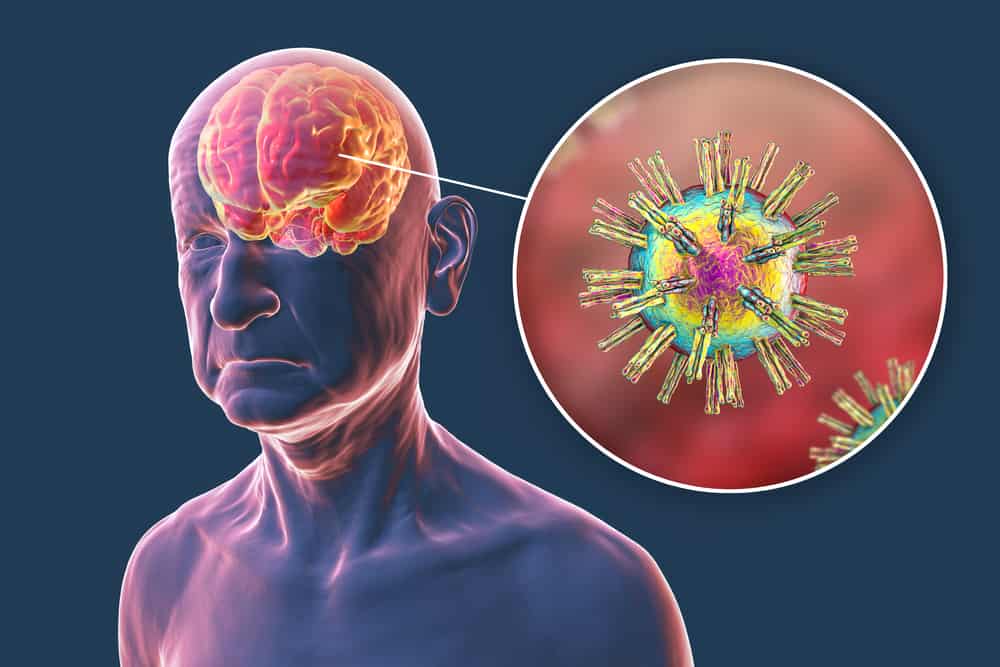Scientists discover common virus could be causing Alzheimer's disease
Thu 16 Jan 2025, 23:04:53

Researchers have found a link between a common virus and Alzheimer's disease.
Alzheimer's disease, which is the most common type of dementia, is a condition that affects the brain, makes changes in it that cause problems with memory, thinking, and behaviour.
In a new study, published in The Journal of the Alzheimer's Association, researchers discovered CMV, a type of herpesvirus, which often infects individuals during childhood. While the virus usually remains dormant after the initial infection, it stays in the body for life.
By the age of 80, around 90% of people have CMV antibodies in their blood, indicating exposure to the virus.
For some individuals, the virus may exploit a pathway called the vagus nerve, which links the gut and brain.
If the virus becomes active and travels along this "superhighway," it could trigger immune system reactions in the brain, potentially contributing to Alzheimers disease.
How CMV Affects the Body and Brain
CMV is generally dormant in most people. It spreads through bodily fluids like saliva, blood, and semen but only when active.
In rare cases, the virus remains active long enough to travel from the gut to the brain via the vagus nerve. Once in the brain, the virus may overstimulate microglia, the immune cells responsible for cleaning up waste and infectionsin the central nervous system.
Overactive microglia can cause inflammation and damage
neurons, which is linked to Alzheimers disease.
neurons, which is linked to Alzheimers disease.
A New Subtype of Alzheimers Disease
Lead researcher Dr Ben Readhead from Arizona State University suggested that this virus-related Alzheimer's subtype may account for 2545% of cases.
This subtype still shows classic signs of the disease, such as amyloid plaques and tau tangles, but it also features a unique biological profile, including viral presence, immune cell activity, and specific antibodies in the brain.
Evidence From Donor Studies
Researchers studied tissues from 101 donors, including the brain, spinal fluid, and vagus nerve. Among these, 66 donors had Alzheimers.
In those with the disease, CMV antibodies were found in their intestines, spinal fluid, and brains, and the virus itself was detected in the vagus nerve.
These findings were confirmed in another independent group and further supported by laboratory tests showing that CMV increases the production of harmful proteins associated with Alzheimer's.
What This Means for Prevention
It's important to note that only a small subset of people with CMV develop Alzheimers, despite most individuals being exposed to the virus.
Researchers are now working on developing blood tests to detect active CMV infections in the gut. If identified early, these infections could potentially be treated with antiviral medications, reducing the risk of Alzheimer's in this group.
No Comments For This Post, Be first to write a Comment.
Most viewed from Health
AIMIM News
Latest Urdu News
Most Viewed
May 26, 2020
Can Lionel Messi's visit boost Indian football?
Latest Videos View All
Like Us
Home
About Us
Advertise With Us
All Polls
Epaper Archives
Privacy Policy
Contact Us
Download Etemaad App
© 2025 Etemaad Daily News, All Rights Reserved.

























.jpg)
.jpg)
.jpg)


